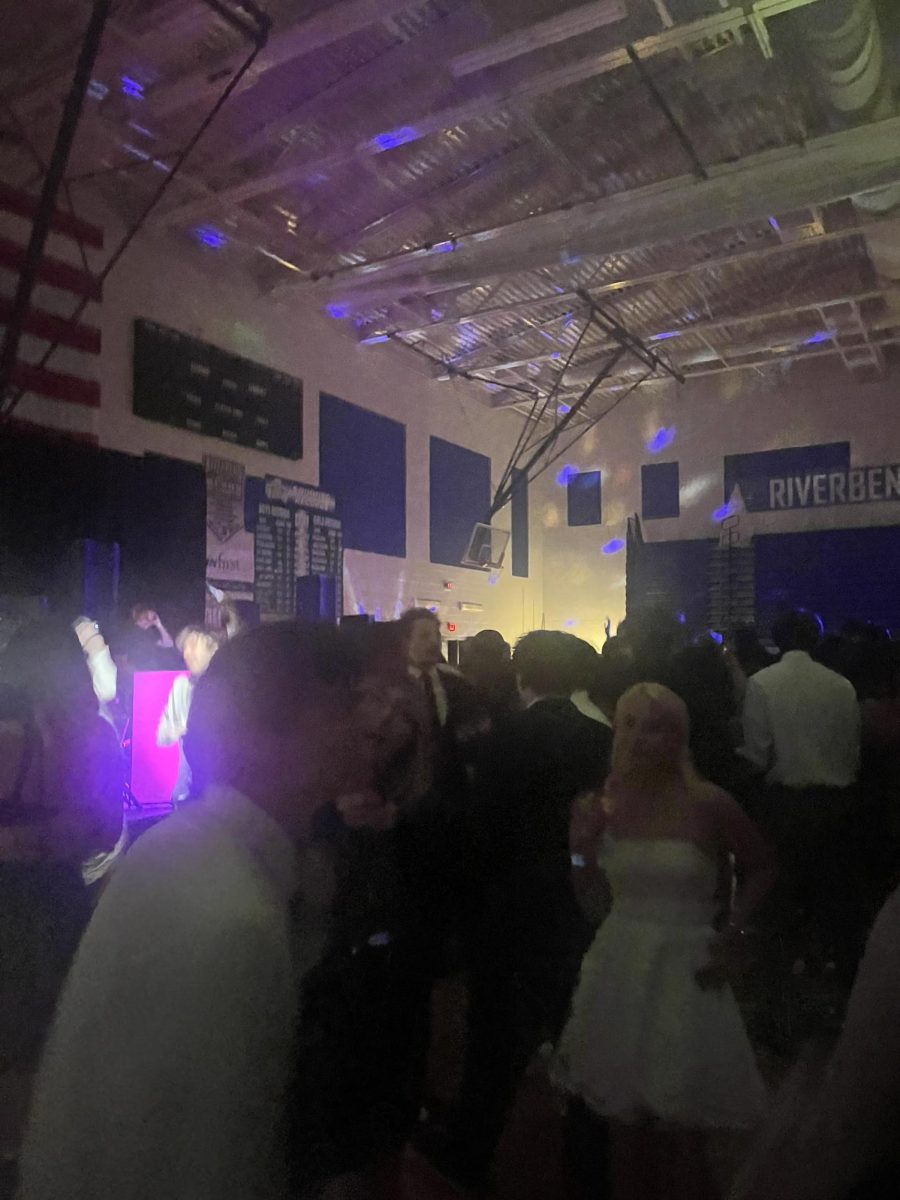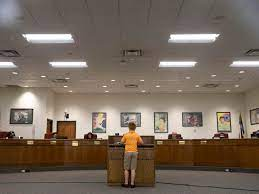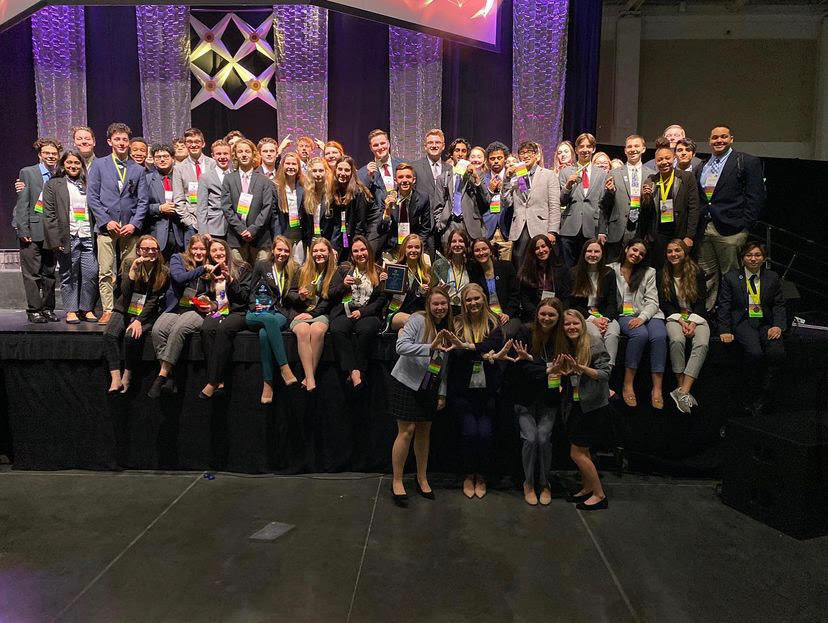On July 9, Governor Glenn Youngkin issued Executive Order 33 to help bring cell phone-free education to Virginia schools. Virginia school divisions must adopt new “bell-to-bell” cell phone policies by January 1, 2025. This means students will need to turn off and store their phones from the start of the school day until dismissal, including during lunch and between classes.
The state is allocating $500,000 to support this initiative, which aims to create a more focused educational environment and reduce distractions from cell phones and social media. New measures may involve using dedicated pouches, lockers, or other methods to restrict access to phones and similar devices like smartwatches and tablets.
Governor Youngkin emphasized that this action is intended to protect students’ health and safety. The Virginia Department of Education (VDOE) released its final guidance on September 16, 2024.
The Virginia Department of Education (VDOE) received extensive public feedback before finalizing a new policy. Parents of children with medical needs, especially those using health monitoring apps, expressed concerns, but the VDOE stated that these students can obtain medical exemptions through their Individualized Education Plans or health care plans.
Parents also raised issues about communication during emergencies, feeling the need to contact their children directly. The VDOE acknowledged gaps in parent-school communication, particularly during lockdowns. To address this, local school districts are required to develop communication plans for emergencies, including reunification procedures, and must publicly outline how staff are trained for crisis situations.
This change will drastically affect the students at Riverbend. After interviewing students and teachers, significant trends were observed.
We gathered student opinions on both the existing phone policy and the upcoming changes.
A sophomore expressed his approval of the current phone policy, stating he was fine with it. However, he criticized the upcoming policy, saying, “That feels stupid. You might need your phone if you need an Uber or your parent at the end of the day.”
A junior voiced his discontent with the current phone policy. When informed about the upcoming changes, he reacted candidly, stating, “I hate that.”
Another junior criticized the current phone rule, stating, “I find it dumb. I understand it’s to get us to focus more, but when it comes to the last 5 minutes? Like when you are just trying to check something, it’s kind of ridiculous.” Just learning of the upcoming phone rule, she expressed her frustration, saying, “That makes me irritated. A little screen time doesn’t hurt. It’s relaxing when you are learning so much; sometimes you need your music and to text someone. I don’t think I can go a day without texting a family member.”
A third junior expressed his dissatisfaction with the current policy, saying, “I’m fine not being on my phone, but I can’t listen to music? Come on.” When asked about the upcoming policy, he added, “I hate that. What if an emergency happens? How am I going to contact my parents?”
A senior criticized the current policy, saying, “I think it is really stupid. Personally, I learn better when there’s music. If I can’t have music I’ll just sit there and fall asleep.” Unaware of the upcoming rule, she expressed concern, asking, “What if my mom gets hurt? How am I supposed to know?” She left the conversation visibly upset about the news of the forthcoming changes.
An anonymous teacher shared their perspective on the current phone rule, stating, “It helps students stay more focused on their learning and don’t have as many distractions.” Regarding the upcoming rule, she commented, “If you don’t have stuff to work on, I don’t see why it needs to be that way. But I think it would help in the instance if you’re in a study hall and you have the choice of doing work or being on your phone. But for lunch, I don’t see how that’s even going to work with so many kids.”










